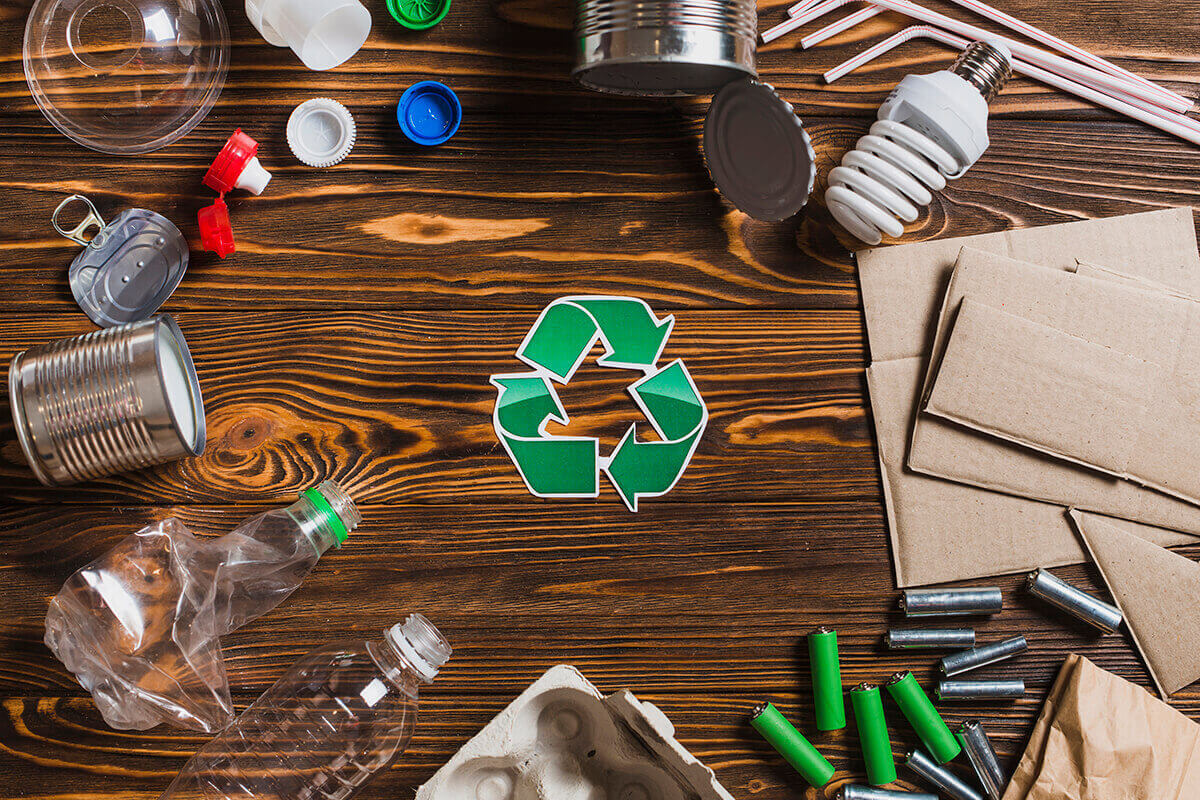Introduction
Plastic waste has become an alarming global problem, polluting our oceans, landfills, and ecosystems. Traditional waste management systems have proven insufficient to address the sheer volume of plastic waste generated, prompting the need for innovative solutions. Extended Producer Responsibility (EPR) has emerged as a promising approach to tackle plastic waste and promote a circular economy.
What is EPR?
EPR is a policy framework that assigns extended responsibility to manufacturers and producers for the end-of-life management of their products. Under EPR schemes, producers are financially and operationally responsible for collecting, recycling, or disposing of their products once they become waste.
Benefits of EPR for Plastic Waste
Reduced Plastic Waste Generation: EPR incentivizes producers to design products that are easier to recycle or reuse, thus reducing the amount of plastic waste generated.
Increased Recycling Rates: Producers are financially motivated to collect and recycle plastic waste to meet their recycling targets, leading to higher recycling rates.
Improved Waste Management Infrastructure: EPR schemes require producers to invest in waste management infrastructure, such as recycling facilities and collection systems, which benefit the entire waste management sector.
Reduced Environmental Impact: EPR helps to reduce the amount of plastic pollution in the environment, protecting marine life, wildlife, and human health.
Promote a Circular Economy: EPR encourages the development of circular economy models, where plastics are used and reused effectively, minimizing waste generation.
How EPR Works for Plastic Waste
EPR schemes for plastic waste can be implemented in various ways, depending on the specific context. Common approaches include:
Fee-based Systems: Producers pay a fee proportional to the amount of plastic they produce, which is used to fund recycling and waste management programs.
Target-based Systems: Producers are required to meet specific recycling or waste reduction targets, with penalties or incentives for meeting or failing to meet those targets.
Collective Responsibility Systems: Producers form industry-wide organizations to manage the collection and recycling of plastic waste on their behalf.
Challenges and Considerations
While EPR has significant benefits, it also presents certain challenges:
Cost Implications: EPR schemes can add costs to businesses, which can be passed on to consumers.
Complexity: Implementing effective EPR schemes requires collaboration between producers, waste management companies, and government agencies.
Public Awareness: Consumers need to be educated about EPR and encouraged to participate in recycling and waste reduction efforts.
Conclusion
EPR is a powerful tool to address the urgent problem of plastic waste. By extending the responsibility for waste management to producers, EPR incentivizes sustainable product design, increases recycling rates, and promotes a circular economy. While challenges remain, EPR schemes are essential components of a comprehensive approach to tackling plastic pollution and building a more sustainable future. By embracing EPR, we can create a world where plastic waste is minimized, recycled, and reused, preserving our environment for generations to come.
Enquire Now: https://globaloverseasepr.com/epr-registration/


